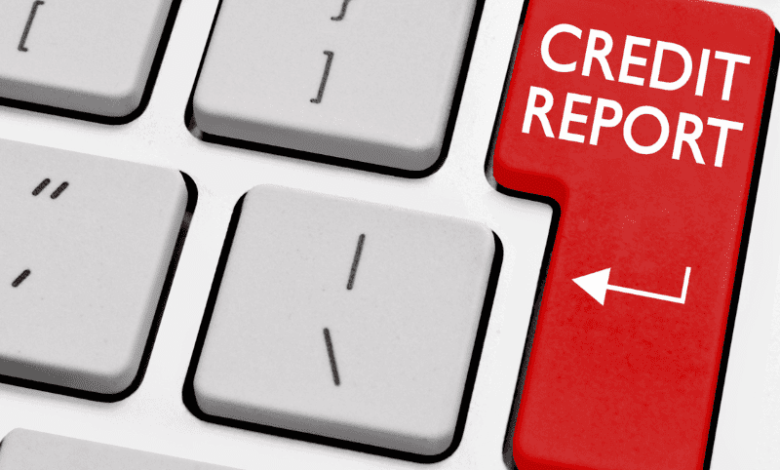How to report non-payment to credit bureau

When a customer have not paid your debt, filing report non-payment to credit bureau can be helpful. It’s your job to collect debts from customers, only than it is possible to run and stay in business. To get paid, it’s crucial that you report a customer credit bureau for not paying the debt on time and accurately.
What is a Credit Bureau?
While “Credit Bureau” and “Consumer Reporting Agency” are commonly used interchangeably, they are different. A credit bureau is a private firm that collects information about financial history and sells it to creditors, insurers, and other businesses.
There are third-party credit reporting service providers, like TransUnion, Equifax, Experian, CSC Credit Services, and Credit Technologies. TheCreditApp.org is one such 3rd party credit reporting and debt collection in the United States.
It allows small businesses, and contractors to report customer in default to credit bureaus directly on their customer’s credit reports. Business owners usually pay 30 percent of what’s collected using traditional debt collection techniques.
Compared to other debt collection approach, The Credit App provides cheap and accessible tools for managing late payments and defaults.
How to Collect a Debt?
You may need more time or resources to collect debts as a small business owner. But other options can help you get your money back.
If a customer has not paid their bill by their due date, they could be violating your contract. In such case, it’s essential to report a customer credit bureau for not paying the debt so that the customer doesn’t escape without consequences for breaking the agreement with you or other businesses who would like payment in the future.
Small business can consider using a third-party collection service like The Credit App that specializing in recovering unpaid invoices for business owners like yourself.
What is a third-party credit reporting service?
A third-party credit reporting service is a company that collects credit information and sells it to other companies.
The credit bureau can be a lender, landlord, or even an employer. When you apply for a loan or rent an apartment, the lender will check your information with one of these bureaus before approving your application.
If they find errors in your file, like late payments or incorrect balances on accounts, they may refuse to approve the access to certain funds needed until those errors are fixed.
How to report non-payment to credit bureau?
Business can report non-payment to the credit bureau by following these steps:
Determine which credit bureau you’ll be reporting to. There are three major credit bureaus in the United States, and they each have slightly different processes for reporting non-payments. You can learn more by visiting their official websites.
Find out who has access to report customers’ accounts to them. Depending on your business model and relationship with customers, other parties may be involved in collecting outstanding debts from them as well as yourself.
Who can report a customer to the credit bureau?
Small business can report a customer to the credit bureau if they are over 30 days past due. If you are an authorized third party and have been given permission by the debtor to report them to the credit bureau, then you can also do so.
When do I need to report non-payment?
You should report non-payment to the credit bureau if:
• A customer still needs to pay their debt.
• A customer is in default on their debt.
• They have not made payments for more than 90 days, or you can’t contact them at all, or you may want to give them another 30 days.
• You have tried repeatedly and still need help to contact the person who owes you money.
How do I report non-payment?
If you are the creditor, you are responsible for reporting non-payment to the credit bureau. You are also responsible for reporting late payments and any other delinquencies on your customer’s account.
If possible, provide copies of invoices showing that an invoice was sent out but not paid; keep these invoices until after the issue has been resolved by contacting your customers’ creditors directly because they may need proof that payment was not made before they’ll take action against someone’s score(s).
Reporting unpaid debts is a crucial way to collect owed money.
Reporting non-payment to the credit bureau is crucial to collecting your debt if you’re owed money. A consumer’s credit report can be used by lenders and other companies when determining whether or not they should extend a loan or service to that person.
Conclusion
We hope this article has helped you understand how to report non-payment to the credit bureau. Clear out your queries, if any, by contacting The Credit App, a reliable credit reporting services for small business in the United States.
